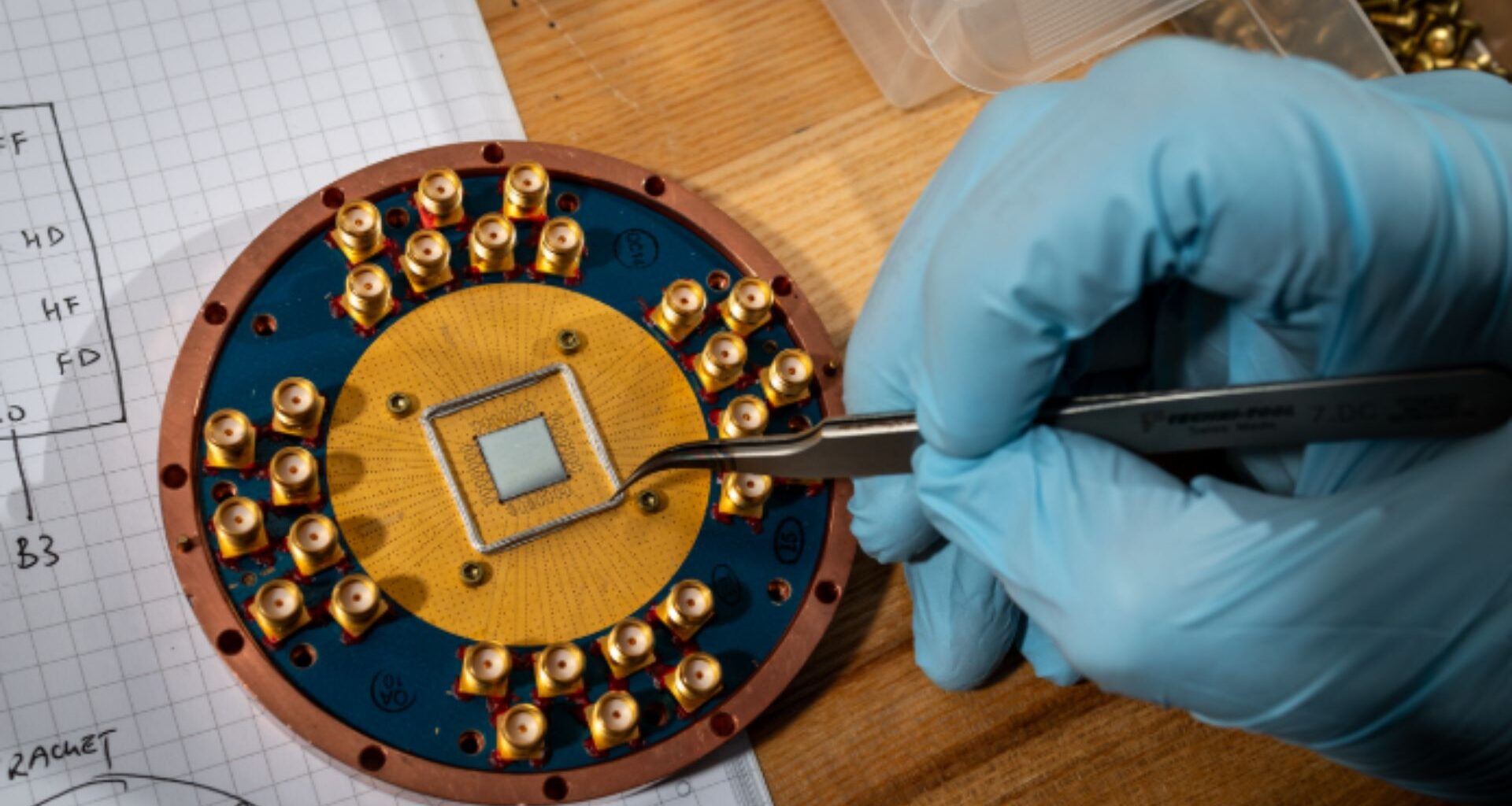Xanadu and HyperLight have announced a breakthrough in photonic chip performance that could reshape the trajectory of quantum hardware.
Through a joint development effort, the two companies achieved industry-leading results on thin-film lithium niobate (TFLN) chips, crucial building blocks for scalable photonic quantum computers.
By refining the chip fabrication process, they reduced waveguide loss to below 2 dB per meter.
The corresponding electro-optic switch loss stands at just 20 milli-decibels (mdB), among the lowest ever recorded for photonic quantum applications. These results were achieved in a high-volume semiconductor facility, demonstrating readiness for commercial-scale production.
“Our long-standing collaboration with HyperLight has been instrumental in achieving our hardware roadmap,” said Zachary Vernon, CTO of Hardware at Xanadu. “The unprecedented performance we’ve achieved with these new photonic chips sets a new benchmark for performance in the industry and brings us closer to delivering utility-scale photonic quantum computers.”
Electro-optic loss hits record low
Photonic quantum computers rely on guiding and switching photons with extreme precision.
Any optical loss introduces error, making low-loss photonic chips a non-negotiable requirement for scaling. Xanadu and HyperLight’s achievement pushes those limits dramatically.
Waveguides, structures that channel photons through the chip, typically suffer from scattering or absorption losses.
Reducing this to under 2 dB/m represents a substantial advance. The 20 mdB switch loss means photons can be rerouted across circuits with minimal signal degradation.
This level of performance has rarely been seen in quantum-ready hardware. What sets this result apart is not just the numbers but the context – these chips were fabricated using processes aligned with semiconductor industry standards.
That makes them suitable for large-scale deployment in future quantum computers.
Partnership builds on Aurora success
This isn’t the first time Xanadu and HyperLight have partnered on high-performance photonic hardware.
Earlier, Xanadu used HyperLight’s TFLN Chiplet™ platform in Aurora, the world’s first fiber-networked photonic quantum computer.
Aurora demonstrated the ability to scale and interconnect photonic quantum devices using commercial fiber networks.
This new development enhances the performance of those foundational systems, potentially unlocking more complex and powerful architectures.
“This achievement of HyperLight and Xanadu is an example of the breadth of impact of TFLN technology,” said Mian Zhang, CEO of HyperLight.
While Zhang’s full statement emphasized broader applications across telecom and datacom, this milestone specifically accelerates the quantum computing roadmap. The low-loss performance achieved with the TFLN Chiplet platform supports the demanding requirements of large-scale and fault-tolerant quantum computers, which rely on high-precision and high-throughput photonic circuits.
The announcement marks a clear milestone in Xanadu’s 2025 hardware roadmap. The improved TFLN photonic chips could accelerate development toward utility-scale machines that outperform today’s experimental setups.
As photonic quantum systems grow more complex, low-loss and commercially viable chips like these will form the foundation. The collaboration also underscores how close partnerships can accelerate breakthroughs in one of the most competitive tech frontiers today.

